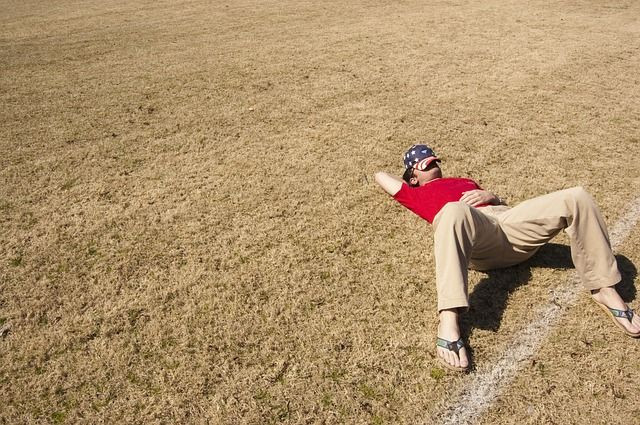What Sleep Deprivation Does To Kids' vs. Adults’ Brains

After being sleep deprived, a child's brain needs even more deep sleep, and particularly in parts of the brain that are still maturing. These parts are involved with vision, spatial perception, and how children process sensory input from different sources, according to a news release from the University of Zurich.
In a study led by Salome Kurth from the Pulmonary Clinic at University Hospital Zürich and in collaboration with the University of Colorado Boulder, the brain activity of 13 children ages five to 12 were measured while they were sleeping at their home for one night, and then another night about a week later. In night one, the children went to bed at their normal hour, but for night two they were allowed to stay up later causing them to sleep for half of what they were used to, according to a press release.

After recording electroencephalography (EEG) measurements in the children with 128 electrodes, researchers discovered that the need for deep sleep in children is linked with the level of myelin found in the optic radiation, a nerve fiber bundle. “Our results show that the deep-sleep effect occurs specifically in a particular region of the brain and is linked to the myelin content,” Kurth said in a press release.
According to the release, when adults are sleep-deprived, they also have an increaesd need for deep sleep, measured in the form of "slow wave activity;" these waves are most pronounced in the parts of the brain involved in problem solving and memory. Children's brains are also affected, but in different regions.
“A child’s brain reacts differently to acute sleep deprivation than an adult’s,” Kurth said in a press release. “The deep-sleep effect doesn’t appear in the front regions of the brain like in adults, but rather in the back – in the parietal and occipital lobes.” Kurth also suggests this regional brain activity while in deep sleep may occur only during childhood. In the study, the researchers suggest more studies are needed to determine problems that can result from not getting enough sleep for different age groups.
Read More: Sleep Deprivation: 7 Dangerous Effects Of Long-Term Sleeping Problems
Kurth S, Dean III D, Achermann P, O'Muircheartaigh J, Huber R, Deoni S, LeBourgeois M. Increased sleep Depth in Developing Neural Networks: New Insights from Sleep Restriction in Children. Frontiers in Human Neuroscience. 2016.
Published by Medicaldaily.com



























